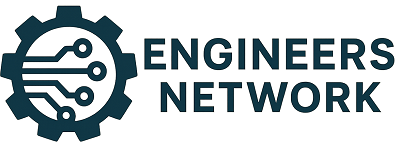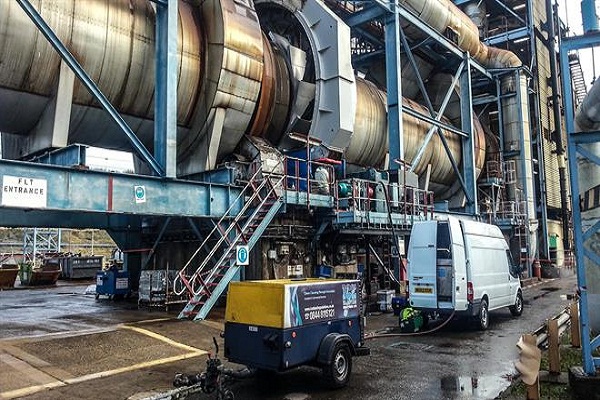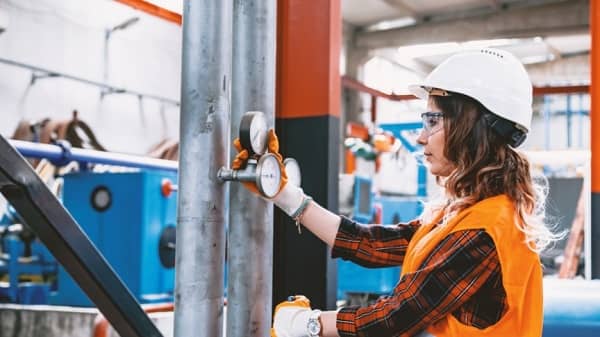Do you ever wonder if oil pipelines get dirty and clogged – the same way that water or sewage pipelines do? And do you ever wonder how anyone can clean them?
The answer to the first question is that they do get dirty – over time they can accumulate debris, and waste; waste that can start to clog the pipeline. And to answer the second query: pipelines need to be cleaned, but they need a very special type of service. You can’t just clean them yourself – you need to hire a specialized service.
These technicians are trained to carefully shut off the main gas supply and they are trained to clean the pipes in such a way that doesn’t damage them. Why do pipes need to be cleaned? Well, they need to be cleaned for the sake of clearing up debris, but also to ensure clean inspections and to maintain the lifespan of the pipes. In most cases, you would call a company, like Inline Services Pipeline Pigs, to clear the pipes using a tool called a pig, which roots through the pipes. Here are some ways that oil pipes get cleaned.
Pipeline Pigging
One of the most common tools used to clean pipelines is called a pig. A pig is basically a little cylindrical disc that gets sent into the pipes and comes out the other end with all the debris. Pigs are usually shaped in unique ways depending on the type of pipe. A specialized technician will know exactly what type of pig to use.
Brushes
Sometimes, a brush is added to the pig to ensure that the sides of the pipes are cleaned. This is important if the pig is intended to clean instead of just push debris out. If the pipes are particularly old or have a serious amount of sludge, you may need to use a brush.
Chemical Foam
Of course, some pigs also come with a chemical foam which is added to the pig. When the pig is inserted into the pipe, the foam is released and dissolves the oil that has built up around the pipe. After a long time since a previous cleaning you may need to use chemical foam, or else your pipes may not be properly cleaned.
Penetrating Solids
Another option, if you don’t want to use chemical foam – or if your pipe cleaning service doesn’t use chemicals – is to use a penetrating solid. This is basically an organic instrument that gets attached to the pig that scrapes off debris and cleans the pipes. There is a chance that these solids can damage the pipes, so they aren’t often used, but for some piping systems it is necessary.
A Disc or Cup Tool
On top of everything, your pipeline cleaning service may want to use a disc or cup tool to scoop any extra debris. Typically, this is needed as a last step measure, or else the debris will linger and could get back inside the pipes. In the end, you want to make sure that the debris is safely discarded according to the proper waste management laws in your county or state.



Leave a Reply